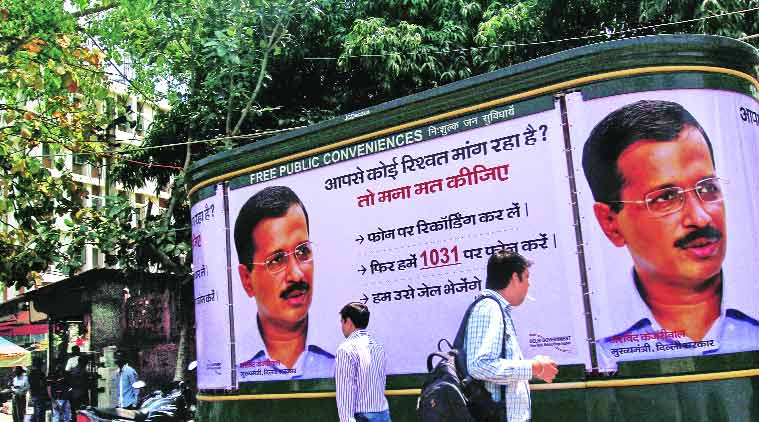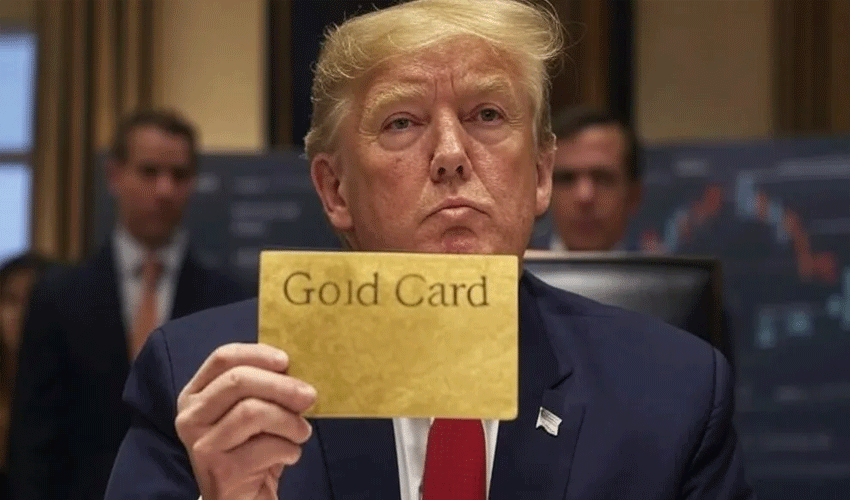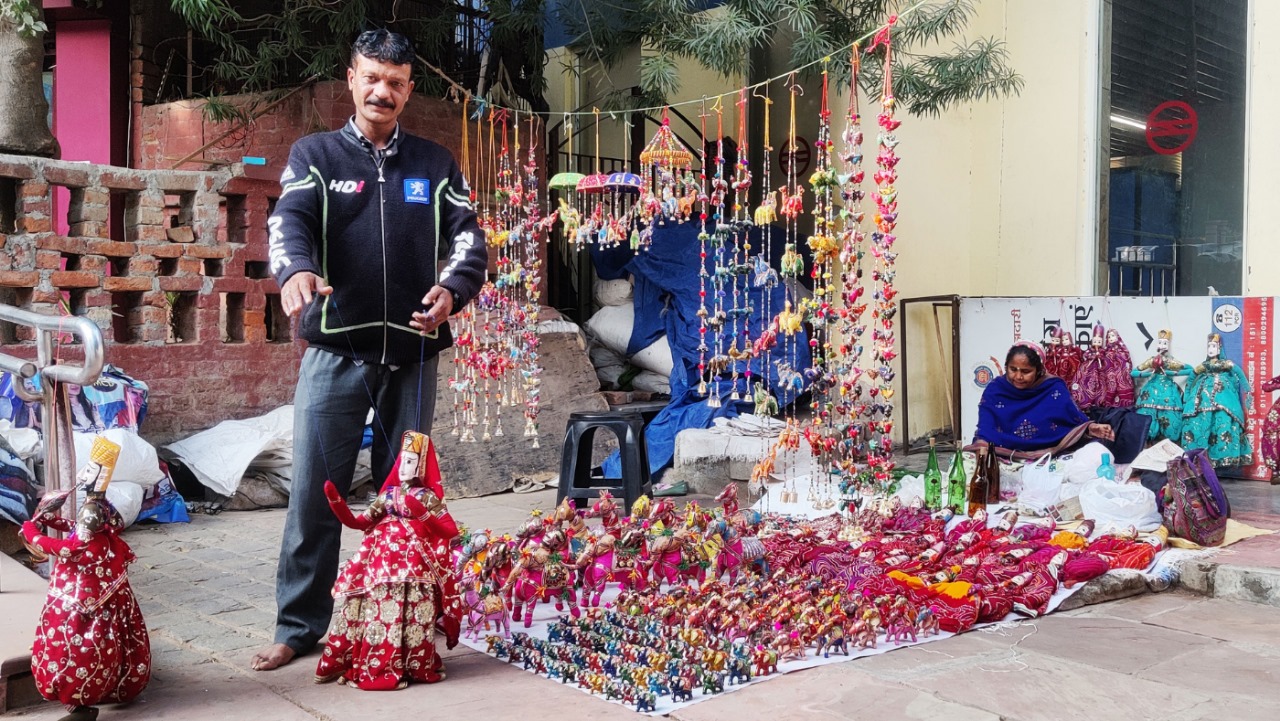An FIR has been lodged against former Delhi Chief Minister Arvind Kejriwal over allegations of illegal hoardings.
Introduction to the FIR Against Arvind Kejriwal
In a significant development, the Delhi Police has lodged a First Information Report (FIR) against former Delhi Chief Minister Arvind Kejriwal, along with two others, for allegedly misusing public funds and defacing public property by erecting large hoardings in Dwarka in 2019. The FIR, which also names former AAP MLA Gulab Chand and Dwarka BJP councillor Nitika Sharma, was registered under the Delhi Prevention of Defacement of Property (DPDP) Act, 2007. This move comes after a court order directed the police to take action on a complaint filed by Shiv Kumar Saxena.
The complaint alleged that several hoardings were illegally placed in Dwarka, featuring photographs of Kejriwal and other political leaders. One of the hoardings claimed that the then AAP government would soon start registrations for darshan at Kartarpur Sahib in Pakistan, while another bore the photo of Sharma alongside images of Prime Minister Narendra Modi and other senior BJP leaders. The court had initially dismissed the complaint in 2022, but a review petition led to the decision being overturned, prompting the police to register the FIR.

Background and Legal Proceedings
The legal journey leading to the FIR began when Saxena first noticed the hoardings in 2019 and filed a complaint with the Dwarka South police station. However, after failing to receive a satisfactory response, he approached the Dwarka court seeking an FIR. The court initially dismissed his application, stating that no field investigation was necessary. Undeterred, Saxena filed a review petition before the Rouse Avenue Court, which eventually directed the magistrate to reconsider the case.
In March 2025, the Rouse Avenue Court strongly criticized the Delhi Police for their handling of the investigation, noting that their action taken report (ATR) was silent on whether the hoardings had been placed at the alleged time. The court rejected the police’s claim that gathering evidence would be impossible due to the passage of time, emphasizing the importance of a thorough investigation in the era of scientific and technological advancements.
Implications and Future Steps
The FIR against Kejriwal and the others marks a significant step in the legal process, with the court scheduling the next hearing for April 18. This allows the police time to conduct further investigations into the matter. The allegations of misusing public funds and defacing public property are serious, and if convicted, the accused could face imprisonment of up to one year, along with a fine.
Delhi Chief Minister Rekha Gupta has also weighed in on the issue, accusing the former AAP government of corruption and announcing an allocation of Rs 900 crore for basic amenities in slum clusters. Gupta’s comments highlight the political tensions surrounding the case, as well as broader concerns about public spending and accountability.
As the investigation unfolds, it will be crucial to determine the origin of the hoardings, who was responsible for their placement, and whether public funds were indeed misused. The case underscores the challenges of ensuring transparency and accountability in public spending, particularly when it involves political figures and public property.
Question to Readers: How do you think the legal system should balance the need for political expression with the protection of public property, and what measures can be taken to prevent such incidents in the future?



 By
By








 By
By





